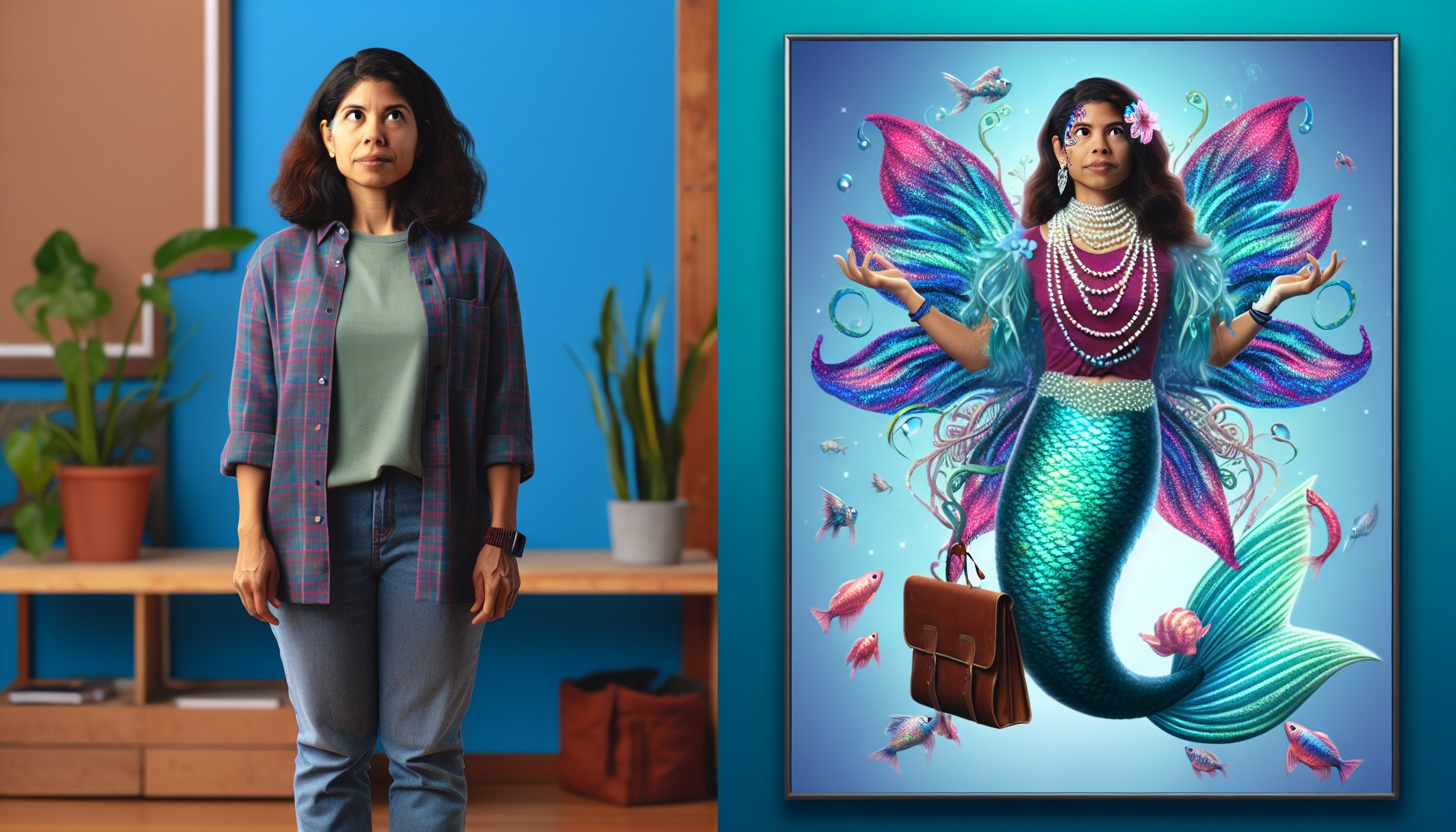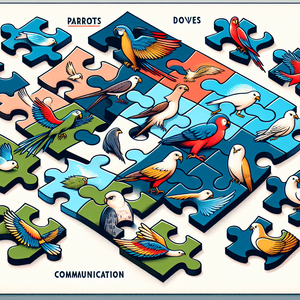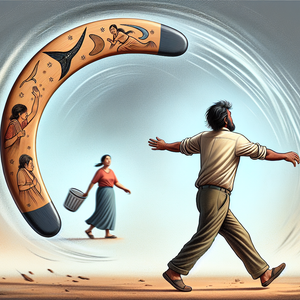Beyond Gaming: The Therapeutic Benefits of Block Blast Activities

Block blast games are not just a fun pastime; they can also serve as effective tools in mental health treatment. The immersive nature of these games engages players' attention, creating a distraction from stressors and negative thoughts. Research indicates that engaging in enjoyable activities can significantly reduce symptoms of anxiety and depression. For instance, a study published in the Journal of Cyberpsychology, Behavior, and Social Networking found that video games, including block blast genres, can enhance mood and provide a sense of accomplishment, which is particularly beneficial for individuals struggling with mental health issues. Moreover, block blast games often require players to think critically and solve problems, fostering a sense of control and agency. This is especially important for those dealing with anxiety disorders, where feelings of helplessness can be prevalent. By successfully completing levels and overcoming challenges, players may experience improved self-esteem and resilience. The act of progressing through the game can mirror the journey of overcoming personal challenges, providing a valuable lesson in persistence and determination.
Rehabilitation and Skill Development
Beyond mental health, block blast activities are also finding application in rehabilitation settings, particularly for individuals recovering from physical injuries or neurological conditions. The repetitive motions involved in playing these games can aid in the development of fine motor skills and hand-eye coordination. Occupational therapists are beginning to incorporate block blast games into their treatment plans, recognizing that the engaging nature of these games can motivate patients to practice essential skills in a fun and non-threatening environment. For example, a rehabilitation program for stroke survivors may utilize block blast games to help patients regain dexterity and coordination. The game mechanics—such as tapping, swiping, and dragging blocks—can mirror the physical movements needed for everyday tasks, making therapy feel less like a chore and more like a game. Success in the game can also boost morale, encouraging patients to persist in their recovery efforts. This gamification of rehabilitation not only enhances the therapeutic experience but can lead to quicker and more effective recovery outcomes.
Stress Relief and Emotional Regulation
The fast-paced, colorful world of block blast games offers a unique avenue for stress relief. When players engage with these games, they often enter a state of flow—a mental state characterized by complete immersion and focus. This flow state can lead to reduced stress levels as players momentarily escape from their daily worries and pressures. The simple yet challenging nature of block blast games provides a perfect balance that keeps players engaged without overwhelming them. Additionally, block blast games can serve as a tool for emotional regulation. Players learn to manage frustration and disappointment when they fail to clear a level or achieve a high score. These experiences can translate to real-life situations, helping individuals develop coping skills to handle challenges and setbacks. Research has shown that gaming can enhance emotional intelligence, allowing players to better understand and manage their emotions. This ability to navigate emotions and stressors can have profound implications for overall mental health and interpersonal relationships.
The therapeutic benefits of block blast activities are becoming increasingly recognized in both mental health and rehabilitation contexts. By providing a unique blend of challenge, engagement, and enjoyment, these games offer valuable tools for stress relief, emotional regulation, and skill development. As we continue to explore the intersection of gaming and therapy, block blast games stand out as a promising avenue for enhancing mental well-being and supporting recovery. The next time you pick up a block blast game, remember that you are not just playing; you are participating in an innovative approach to healing and personal growth. In an age where mental health and rehabilitation are increasingly important, integrating enjoyable activities like block blast games into therapeutic practices could be a game-changer—literally and figuratively. By embracing the potential of these games, we can foster a healthier, more resilient society.
Occupational Therapist Specializing in Neurological Rehabilitation
Job Description
Develop personalized therapy plans incorporating block blast games to improve fine motor skills and hand-eye coordination for patients recovering from neurological conditions.
Assess patient progress and adapt treatment strategies, utilizing gaming mechanics to enhance engagement and motivation during therapy sessions.
Collaborate with multidisciplinary teams, including physical therapists and psychologists, to create comprehensive rehabilitation programs.
Common Employers
Hospitals
Rehabilitation centers
Outpatient clinics
Game Designer with a Focus on Therapeutic Applications
Job Description
Design and develop engaging block blast games that incorporate therapeutic elements aimed at enhancing mental health and rehabilitation.
Collaborate with mental health professionals to ensure game mechanics promote emotional regulation and cognitive skills development.
Conduct user testing to gather feedback on gameplay experiences, making adjustments to optimize therapeutic benefits.
Common Employers
Game development studios
Educational technology companies
Mental health organizations
Clinical Psychologist Specializing in Digital Therapeutics
Job Description
Conduct assessments and provide therapy that integrates block blast games as a tool for treating anxiety and depression in clients.
Research and analyze the impact of gaming on mental health, publishing findings to contribute to the field of digital therapeutics.
Develop workshops and training sessions for other mental health professionals on the effective use of gaming in therapy.
Common Employers
Mental health clinics
Research institutions
Educational organizations
Rehabilitation Counselor Focused on Innovative Therapies
Job Description
Work with clients recovering from injuries to integrate block blast games into their rehabilitation plans, promoting engagement and skill development.
Evaluate and document client progress, using gaming activities as benchmarks for improvement in physical and cognitive abilities.
Advocate for the use of gamified therapy approaches in rehabilitation settings, providing education to patients and healthcare providers.
Common Employers
Rehabilitation centers
Community health organizations
Private practice
UX Researcher in Gaming for Health
Job Description
Conduct user experience research to understand how players interact with block blast games, focusing on their therapeutic benefits and engagement levels.
Analyze data from user testing to identify patterns in gameplay that correlate with positive mental health outcomes.
Collaborate with game designers and psychologists to inform design decisions that enhance the therapeutic potential of games.
Common Employers
Game development companies
Health technology firms
Research institutions


